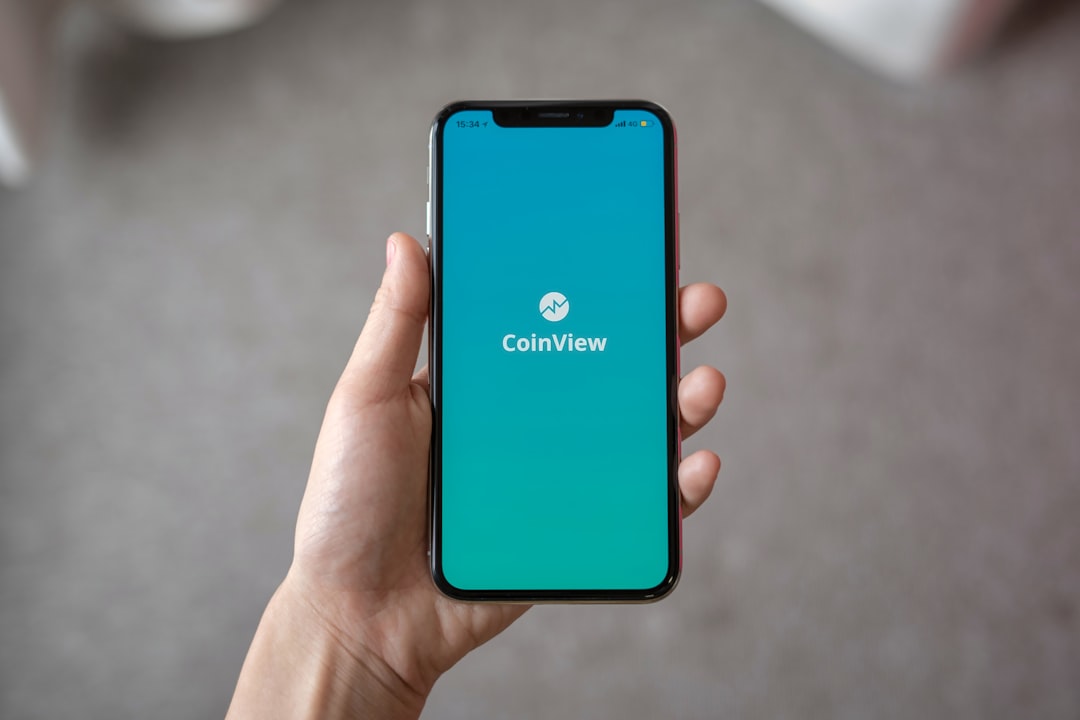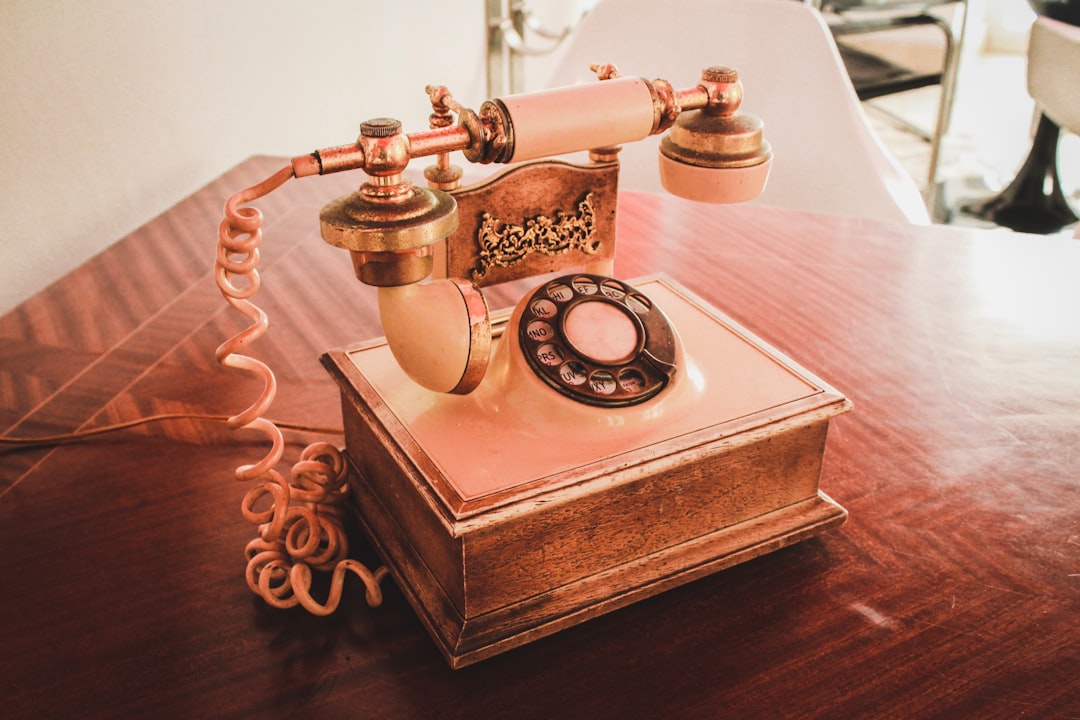In Louisiana, including Monroe, the Telephone Consumer Protection Act (TCPA) and state laws protect consumers from unsolicited marketing messages like spam calls and texts by requiring explicit consent. Violators face penalties and consumers can opt-out. A 'Do Not Call' attorney in Louisiana helps individuals overwhelmed by such communications, emphasizing the importance of consent for marketing. These laws, like CAN-SPAM, empower residents to safeguard their privacy against intrusive marketing practices, with significant legal consequences for violators. If you're still receiving nuisance calls despite being on the National Do Not Call Registry, consult a specialized Do Not Call attorney in Louisiana to protect your rights.
In today’s digital age, consumers in Monroe often grapple with an influx of unsolicited marketing messages, from emails to text ads. Understanding the legal implications of these messages is crucial for both businesses and individuals. This article delves into the legal framework governing unsolicited marketing in Louisiana, defining ‘unwanted’ messages, exploring consumer rights, and highlighting the importance of knowing when to consult a Do Not Call Attorney in Louisiana to navigate potential legal consequences.
The Legal Framework for Unsolicited Marketing Messages in Louisiana

In Louisiana, including Monroe, the legal framework for unsolicited marketing messages is primarily governed by the Telephone Consumer Protection Act (TCPA). This federal law imposes restrictions on businesses and individuals sending mass text messages or making automated phone calls to consumers who have not agreed to receive them. The TCPA requires explicit consent from recipients before companies can engage in such marketing activities, ensuring consumer privacy and choice.
Louisiana state laws also complement these federal regulations, providing additional protections for residents. Do Not Call attorney Louisiana is often sought by individuals bothered by unwanted telemarketing calls or text messages. It’s crucial to understand that violators of these laws can face significant penalties, including monetary fines. Consumers have the right to opt-out of receiving such messages and should be aware of their legal standing against unsolicited marketing practices.
What Constitutes an Unwanted or Unsolicited Message?

In today’s digital age, it’s become increasingly common to receive unsolicited marketing messages via text, email, or social media. However, not all communications fall under this category. To be considered unwanted or unsolicited, a message must be sent without the explicit consent of the recipient. This means that if you have not opted in to receive promotions or advertisements from a particular company or individual, any communication with the intent to market their products or services could be deemed as such.
In Louisiana, state laws and federal regulations, such as the Telephone Consumer Protection Act (TCPA), provide consumers with rights against unsolicited marketing messages. For instance, Do Not Call attorneys in Louisiana can assist individuals who feel they’ve received too many unwanted calls or texts for promotional purposes. Understanding what constitutes an unwanted message is crucial for both businesses aiming to comply with legal standards and consumers seeking recourse when their privacy is invaded by persistent and unwelcome marketing attempts.
Consumer Rights and Protections Against Spam in Monroe

In Monroe, Louisiana, consumers have rights and protections against unsolicited marketing messages, commonly known as spam. The CAN-SPAM Act, a federal law, sets guidelines for commercial email or text messages, giving recipients control over how they receive marketing communications. This means businesses must obtain explicit consent from individuals before sending promotional messages, ensuring a consumer’s privacy and reducing unwanted contact.
Louisiana state laws also reinforce these protections, further empowering residents. If a Do Not Call attorney in Louisiana is violated, individuals can take legal action. This includes seeking damages for each violation, which can be significant. By understanding their rights, Monroe folks can protect themselves from intrusive marketing practices and maintain control over their communication channels.
Navigating Legal Consequences: When to Consult a Do Not Call Attorney

Navigating Legal Consequences: When to Consult a Do Not Call Attorney
In Monroe, receiving unsolicited marketing messages can have significant legal implications. While federal and state laws, such as the Telephone Consumer Protection Act (TCPA), offer protections against unwanted calls, violators face severe penalties, including monetary fines. If you’ve been bombarded with phone calls from telemarketers or other commercial entities despite registering on the National Do Not Call Registry, it’s crucial to understand your rights and available legal avenues.
Consulting a Do Not Call attorney in Louisiana is often the best course of action. These specialists are adept at handling cases related to intrusive marketing practices and can guide you through the complex legal landscape. They can help determine if a particular case warrants legal action, advise on potential remedies, and represent you in negotiations or court proceedings. Don’t let unsolicited calls turn into a nuisance; reach out to a Do Not Call attorney to protect your rights effectively.






